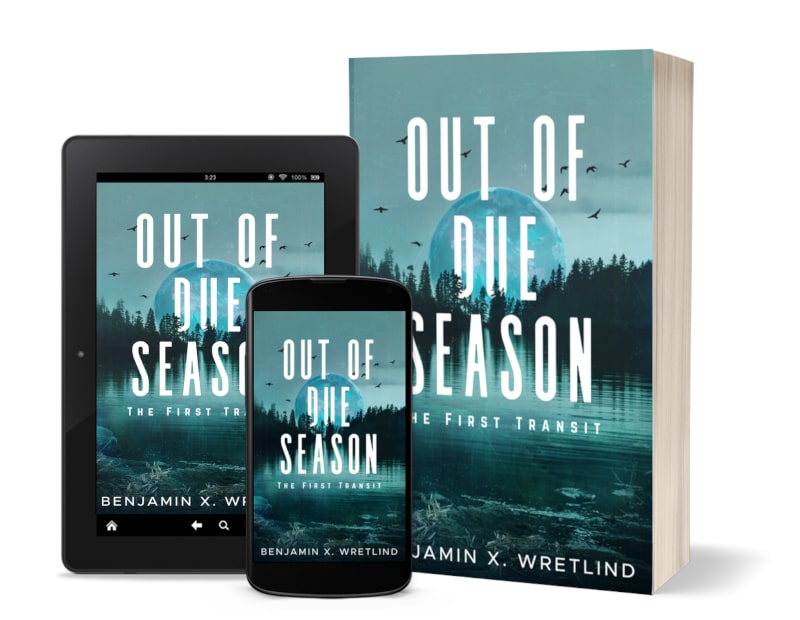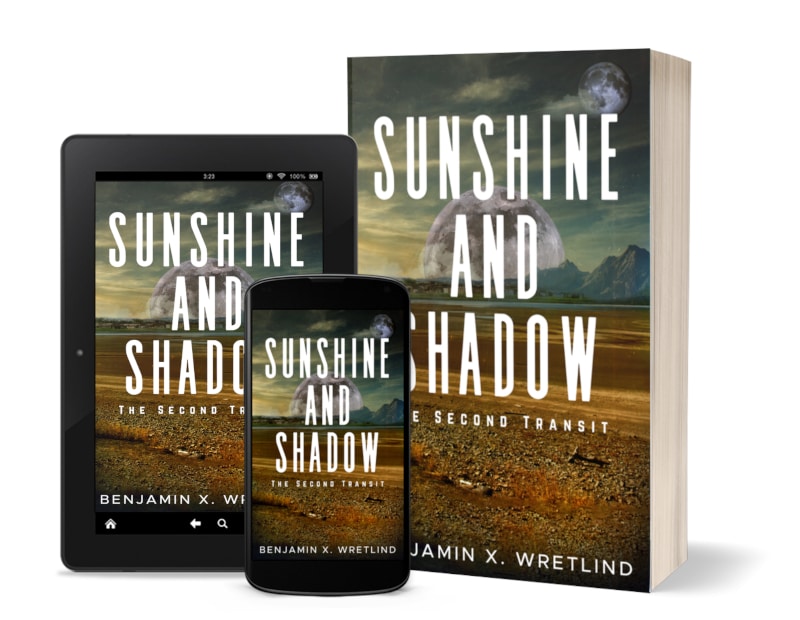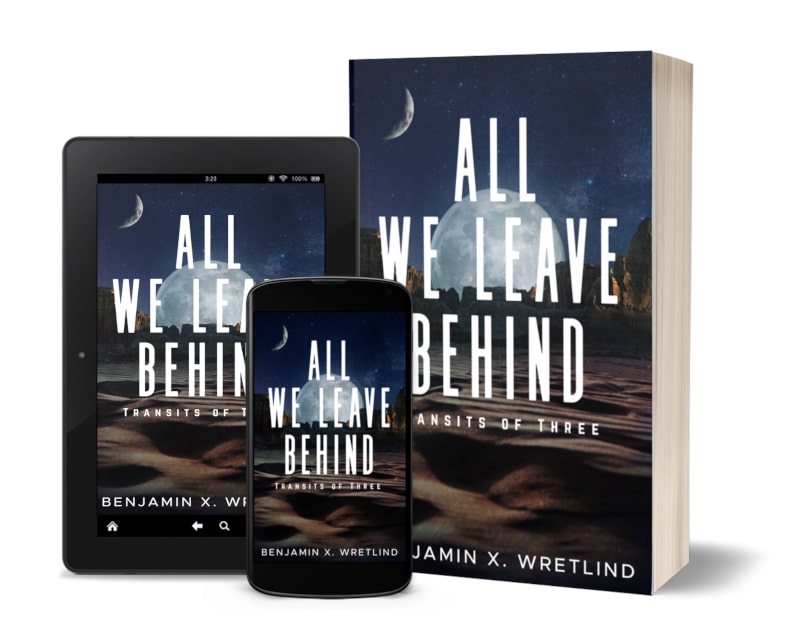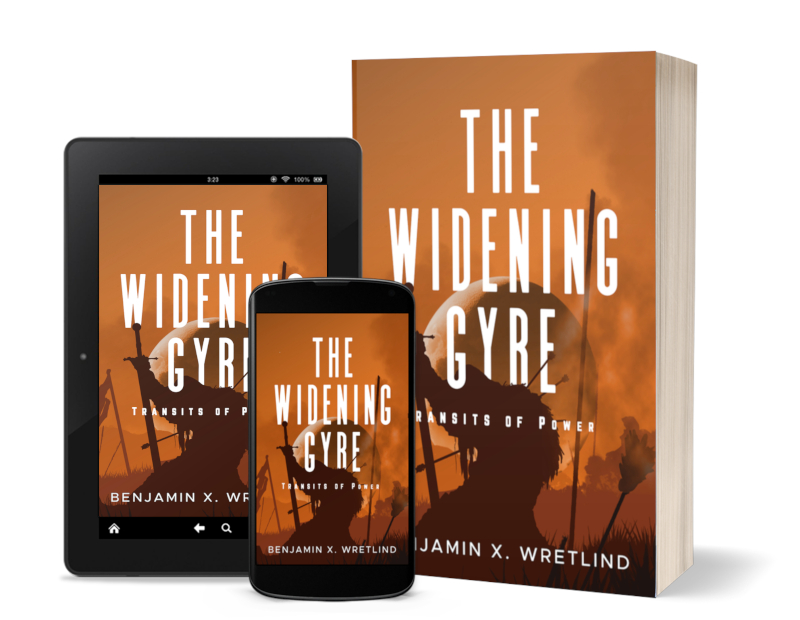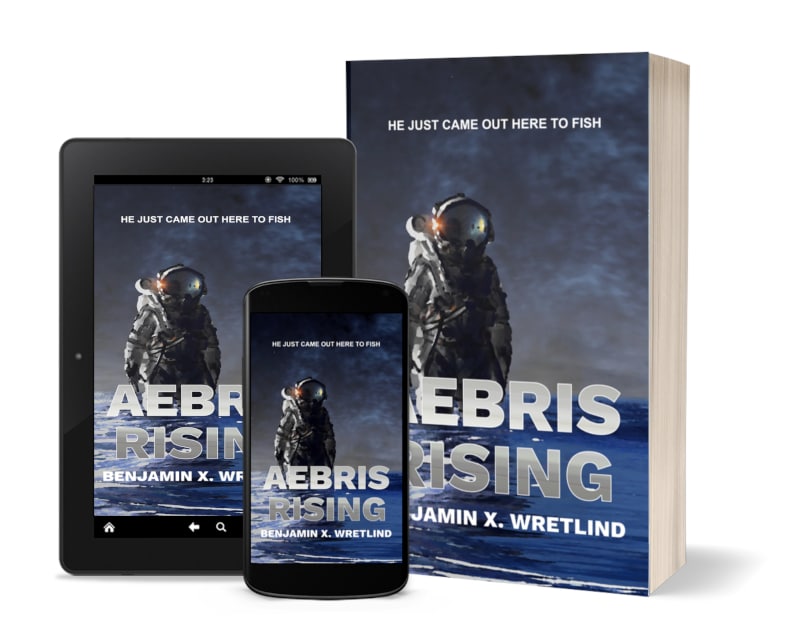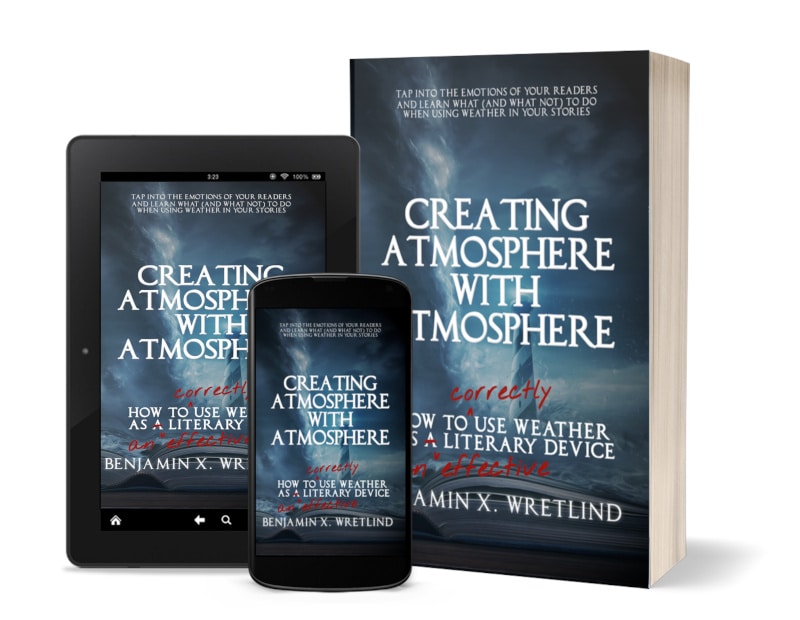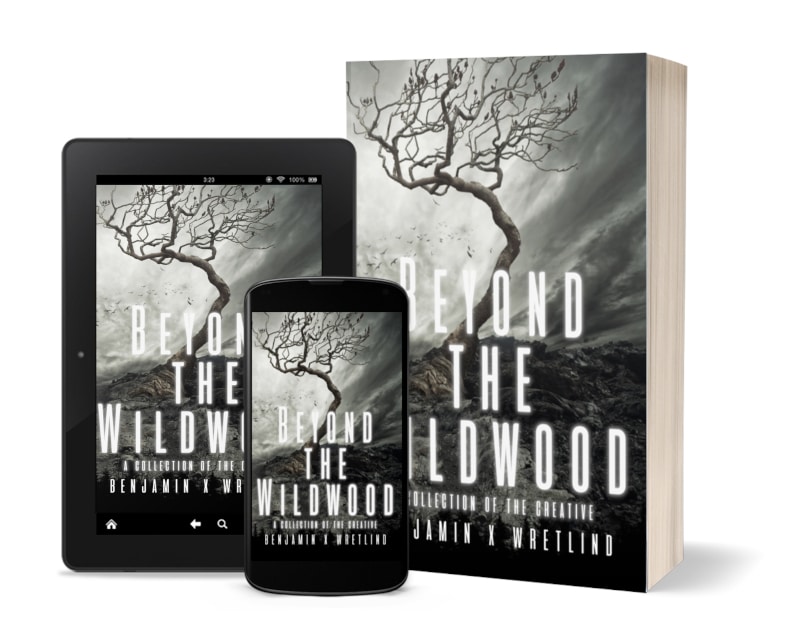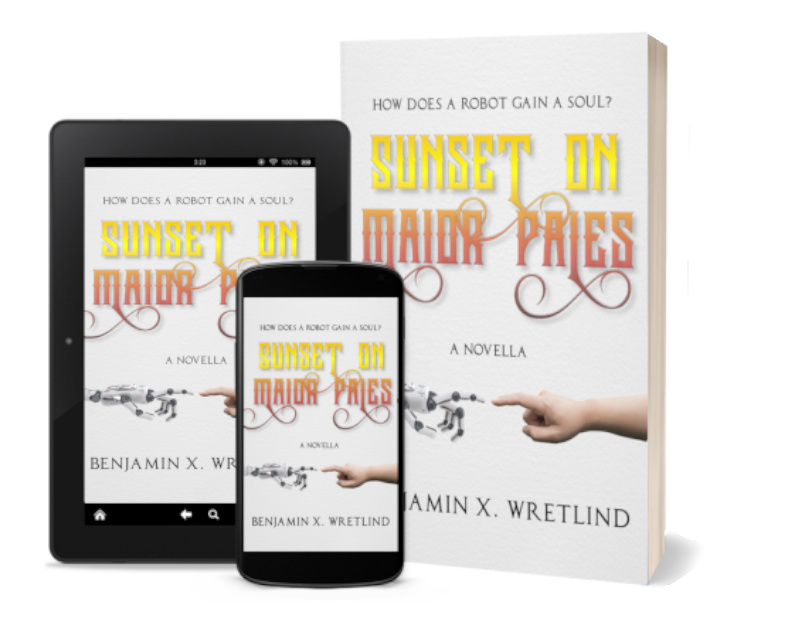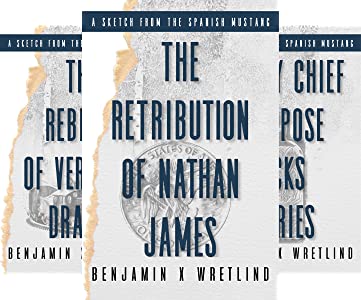On Book Titles

As a writer: How do you go about picking a book title? Do you wait until the end or do you have a title in mind from the start?
As a reader: What makes a title interesting to you? Does a title have a say in whether you pick a book up or not?
I’ve been asked (on more than one occasion), how I come up with titles for certain books. Not all, mind you, but there are a few that defy the “trends” of the publishing world.
One of the benefits of being self-published is that you retain all creative control and don’t have to change up a title just because a gatekeeper feels your idea isn’t marketable. I believe that gives you a certain power, even with something as seemingly innocuous as a book’s title.
Have you ever changed a title of a book? This is one of those areas where things can get “sticky” but it is possible to change a title, especially if your book isn’t doing well. It’s like changing a description or a cover–again, you have the power as a self-published author to do whatever you need to do.
The first book I ever finished (and the second published) was originally called Void. While that title certainly fit the genre (dark fantasy) and was reflective of the plot, I don’t think I was ever satisfied. When I finally published it in 2013, I changed the title to A Difficult Mirror, which was gleaned from a poem by George Seferis (which also inspired the title Void). In “Summer Solstice VIII”, Seferis penned:
The white paper is a harsh mirror
reflecting only who you were.
“Harsh Mirror” didn’t quite fit, but “Difficult Mirror” did, and since the story involves facing ones past, this was a shoe in–more so that the original Void. And yet, nearly a decade later, I thought to myself that the story did not just involved one person and their brush with their past but several. And so the title changed again to Difficult Mirrors. Life is a difficult mirror–hard to look at when we reflect on all what we’ve done in the past.
Most recently, I have been working on a science fiction series called Transit. This is my “opus” if you will, my own Game of Thrones, my own Lord of the Rings. It’s massive (9 books in all, over 1 million words), but like all books in a series, each one stands alone. The titles of each are more reflective, however; they do not obviously point to the plot.
Is that a problem? I suppose it can be, but I also feel the titles are more memorable. (As an aside, the subtitles actually tie all the books together.)
Out of Due Season comes from the Bible where Paul says, “I was a man born out of due season.” (This is often translated as “born out of due time” or “untimely birth.” There are varying interpretations of this which you can Google. It comes from 1 Corinthians 15:8.) Jim Jones–the leader of Peoples Temple and perpetrator of the murder of 900+ people at Jonestown–used this quote as a way to say he (Jones), like Paul, was born in a time that was not ready for him.
“I made my confession. I made my manifestation and the world was ready…not ready for me. Paul said, ‘I was a man born out of due season.’ I’ve been born out of due season just like all we are and the best testimony we can make is to leave this God-damn world….”
That fit the novel perfectly.
The second novel, Sunshine and Shadow, comes from the poem “Eldorado” by Edgar Allen Poe. In the society which has been created after the events of the first novel, the colonists use this poem as a way to refer to birth (into sunshine) and death (into shadow) with Eldorado being their final destination (i.e., “my path to Eldorado”).
The third novel did not come from a poem or a specific quote but I felt was reflective of the three plotlines that mirrored each other–each group in the novel sought a new home but in doing so, they left things behind. And so the line “all we leave behind” was used several times by different characters in the novel and became the title after I was halfway through writing it.
The fourth novel, which is currently being edited, has a more unique title. The Widening Gyre comes from a poem by William Butler Yeats called “The Second Coming.” I felt the title was a dead ringer for the events that take place on the planet, especially the first stanza (there are two).
Turning and turning in the widening gyre
The falcon cannot hear the falconer;
Things fall apart; the centre cannot hold;
Mere anarchy is loosed upon the world,
The blood-dimmed tide is loosed, and everywhere
The ceremony of innocence is drowned;
The best lack all conviction, while the worst
Are full of passionate intensity.
I could go on and give you a history of all my book titles, but I won’t. That might take a while (and frankly some of them aren’t that creative).
So what about you? How much thought do you put into titles? Are they forethoughts or afterthoughts?
all we leave behind difficult mirrors out of due season sunshine and shadow writing


